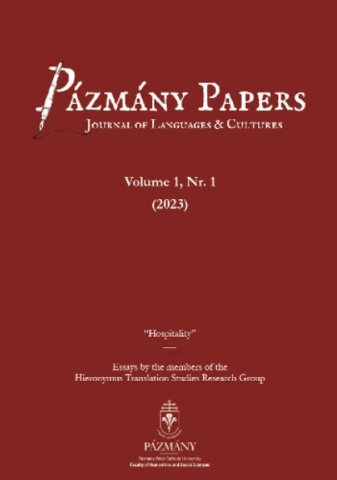
Marcabru noted that Jaufré Rudel calls ‘inn of the afar / alberc de lohn’ both the remote place where his beloved lady of Tripoli resides, and the locus where the poets situates himself: an ideal place that Giorgio Agamben calls topos outopos. In theN voice or difficult voice of the trobar, this figures the contradiction on which the troubadour lives: at once the desire for the inaccessible body of his beloved, and the desire never to reach it. This issue is addressed here as a medieval instance of Derrida’s ‘hostipitality’, with the ungraspable as the most precious good ever hosted in the rooms or stanze of the poem, and it is argued that this is primarily a question of translation. As a case in point, this article presents the Magna Curia of Frederick II of Hohenstaufen as a magisterial example of the alberc de lohn topos, where the Emperor became his guests’ guest in a deliberate cultural transference policy that translated Aristotle and his Muslim and Jewish commentators, thus setting in motion a process of reciprocal acclimatization. The article further argues with Walter Benjamin and Antoine Berman, that translation as hostipitality or ‘auberge de loin’ inscribes itself in futurity and reaches beyond the linguistic being of man.
Pázmány Papers: https://ojs.ppke.hu/index.php/pp/issue/view/96
Article: https://ojs.ppke.hu/index.php/pp/article/view/1010/1038
